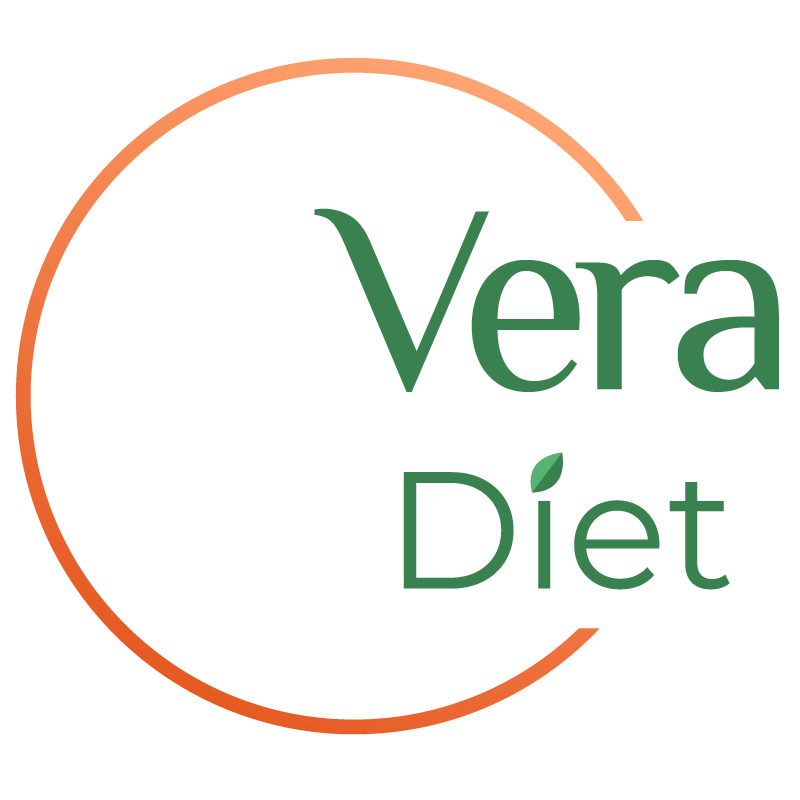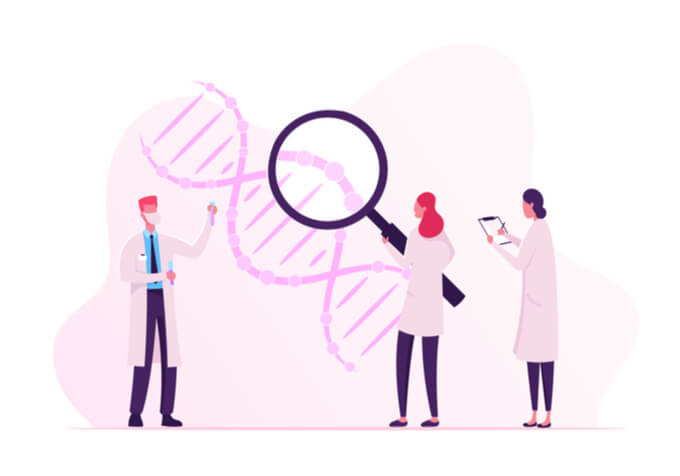Before educating myself on this topic, I’d heard a lot about GMOs and how they can terribly alter health in various ways. But to my great surprise, based on a big deal of research I’ve done… GMO don’t seem to cause harm being rather unethical than unhealthy. Let me explain.
GMO stands for genetically modified organism, meaning that its genetic material has been modified through genetic engineering. Basically a gene of another plant, animal, virus or bacteria is introduced to the genome of the product. This definition alone can easily scare off any consumer or…any human being. We don’t like dealing with unnatural things we don’t understand. But GMOs can be useful and promising.
Why do GMOs exist?
Crops are the most common genetically modified (GM) foods. It is done to help them resist insects, bad weeds and diseases. Other reasons incude improving nutritional value of foods, helping them grow in unfavorable conditions, maturing more quickly or even producing a vaccine! For example, Hawaian papaya was largely endangered because of the ringspot virus. So the scientists created a genetically modified papaya that can resist the virus through introducing a special bacteria gene. (1) As a consequence, a large majority of Hawaian papaya is actually GM to allow the species to survive and consumers – to enjoy it.
Can all foods be genetically modified?
Theoretically yes, but most common GM foods include corn, soy and cotton. Today the farmers also grow GM canola, potato, papaya and beetroot.
Countries cultivating most GM crops are the USA, Brazil and Argentina. (2)
Legislation and labeling
GMOs are banned in many countries or it’s more appropriate to say that its cultivation is banned in many countries including most EU states (except for Spain, Portugal, Chezh Republic and Slovakia) while the import of GMO foods is still allowed. At the same time, EU legislation requires producers to mention that the product is made using GM engineering. A similar law exists in Ukraine and the UK, whereas the USA can cultivate GM crops freely and there is no obligation to label that the food contains GMOs.
And now I’d like to go through the most common arguments used against GMOs:
GMOs can transfer GM genes to human cells and microbiome?
That’s just not how it works. We don’t fear this with non-GM foods that we consume every day even though all animal and plant foods are made of cells so they carry genetic material. The thing is that nucleotides (DNA and RNA) are digested in the small intestine: broken down into small pieces that have negligible nutritional value (calories) but can be reutilised by the body in the future or simply eliminated.
So, there’s no risk that a GM food will interfere with healthy cells because its DNA will be broken down just like non-GM food DNA.
GMOs can cause cancer and other serious diseases?
There is no evidence that genetically modified foods cause cancer. One scientific research released in 2012 made a lot of fuss stating that Roundup and GMOs cause cancer, hormonal disbalances and kidney failure in mice but it was further retracted since it was not properly backed up. According to WHO: “GM foods currently available on the international market have passed safety assessments and are not likely to present risks for human health. In addition, no effects on human health have been shown as a result of the consumption of such foods by the general population in the countries where they have been approved” (3). So, up to date, there is no evidence to prove that GMOs are unhealthy. Of course, further research is needed to completely rule out this option and thus prove the innocuousness of the GMOs.
GMOs have a side effect on us and on the environment?
It depends. Some GMOs can have a positive effect, some don’t. Let’s look at the examples.
Bt corn
So, according to WHO, glyphosate is “probably carcinogenic to humans” (4). That doesn’t sound reassuring, right? But what does it have to do with GMO, you might ask.
A common Bt corn is a GM corn that produces the insecticide Bt toxin. This allows farmers to reduce or completely avoid using harmful insecticides on corn crops and thus reduce the amount of toxic substances in corn and in the environment.
Roundup-resistant GM corn
This is a different story. Most likely you’ve heard at least once about Monsanto. Recently bought by Bayer, Monsanto is one of the largest GM crop producers, mostly known for its herbicide Roundup. Maybe you’ve heard of it under the name of glyphosate, that’s the active substance in Roundup.
Well, after Roundup became popular, Monsanto also produced a GMO glyphosate-resistant corn. Sounds confusing, but here is why. Since herbicides’ objective is to fight bad weeds, it also has a chance of attacking good weeds – crops. To avoid this, Monsanto produced a GM corn that resists glyphosate. But the thing is that farmers tend to use more glyphosate on this GM-corn, to have more yield. (5) For the consumer it means ingesting more residues of toxic glyphosate. For the environment it also means more toxic glyphosate, that stays and pollutes the soil and groundwater. The wind can also drift glyphosate miles away and contaminate neighbouring crops. It can happen to organic crops too, which are not as organic at the end…Scientists also believe that overuse of glyphosate is linked to an increased mortality of honey bees. (6)
GMO are not unhealthy, but rather unethical
Indeed, some people can find GMOs unnatural and view it as tampering with mother nature. I have to say that cross breeding has always existed in nature, but it would take way longer for crops to become more resistant naturally. GMO is just another technology we have in the 21st century.
I still don’t want to consume GMOs. How can I do it?
In my opinion it’s not necessary. Grains, vegetables and fruit contain valuable fiber that can even outweigh the risk of pesticides. But if you have a strong opinion and find GMOs unethical, it would be wiser to avoid it.
First of all, now you know which foods can be GMO, look out for those and products containing them.
If you live in the EU, just read food labels, since GMOs must be mentioned in the list of ingredients. Honestly, I didn’t find a single GMO food in a French supermarket. If you choose “Made in France” products you are sure it won’t contain GMO. So my recommendation is to check imported products. You can also choose organic products, this way you are sure not only to have them GMO-free, but more importantly you won’t ingest traces of pesticides. By the way, organic foods still can have less than 0,9% of GMO just like non-organic foods, there is no specific legislation for that (7).
If you live in the US, you can also go for organic to be sure, or read labels, since some brands decide to put GMO-free on their labels.If you live in Ukraine, all foods are normally GMO-free except for imported foods (think American brands) but I’d recommend choosing the brands you trust.
Practically speaking
Personally I’m not against GMO, I see it as a promising new technology that can help us. At the same time, I AM against toxic pesticides like glyphosate and glyphosate-resistant GM crops. Nowadays we can’t tell if the GM crop is herbicide-resistant or not but hopefully soon we’ll have new traceability techniques and labeling norms. You can find GMO unethical, and you are free to avoid them by using tips above, but now I hope you won’t think they are super unhealthy. In any case, don’t forget to enjoy!
Sources
- https://www.ncbi.nlm.nih.gov/pmc/articles/PMC3791249/
- https://geneticliteracyproject.org/gmo-faq/where-are-gmo-crops-and-animals-approved-and-banned/
- https://www.who.int/news-room/q-a-detail/FAQ-genetically-modified-foods
- https://www.iarc.fr/featured-news/media-centre-iarc-news-glyphosate/
- http://sitn.hms.harvard.edu/flash/2015/gmos-and-pesticides/
- https://www.pnas.org/content/115/41/10305
- https://www.economie.gouv.fr/dgccrf/consommation/Etiquetage-des-produits/OGM

